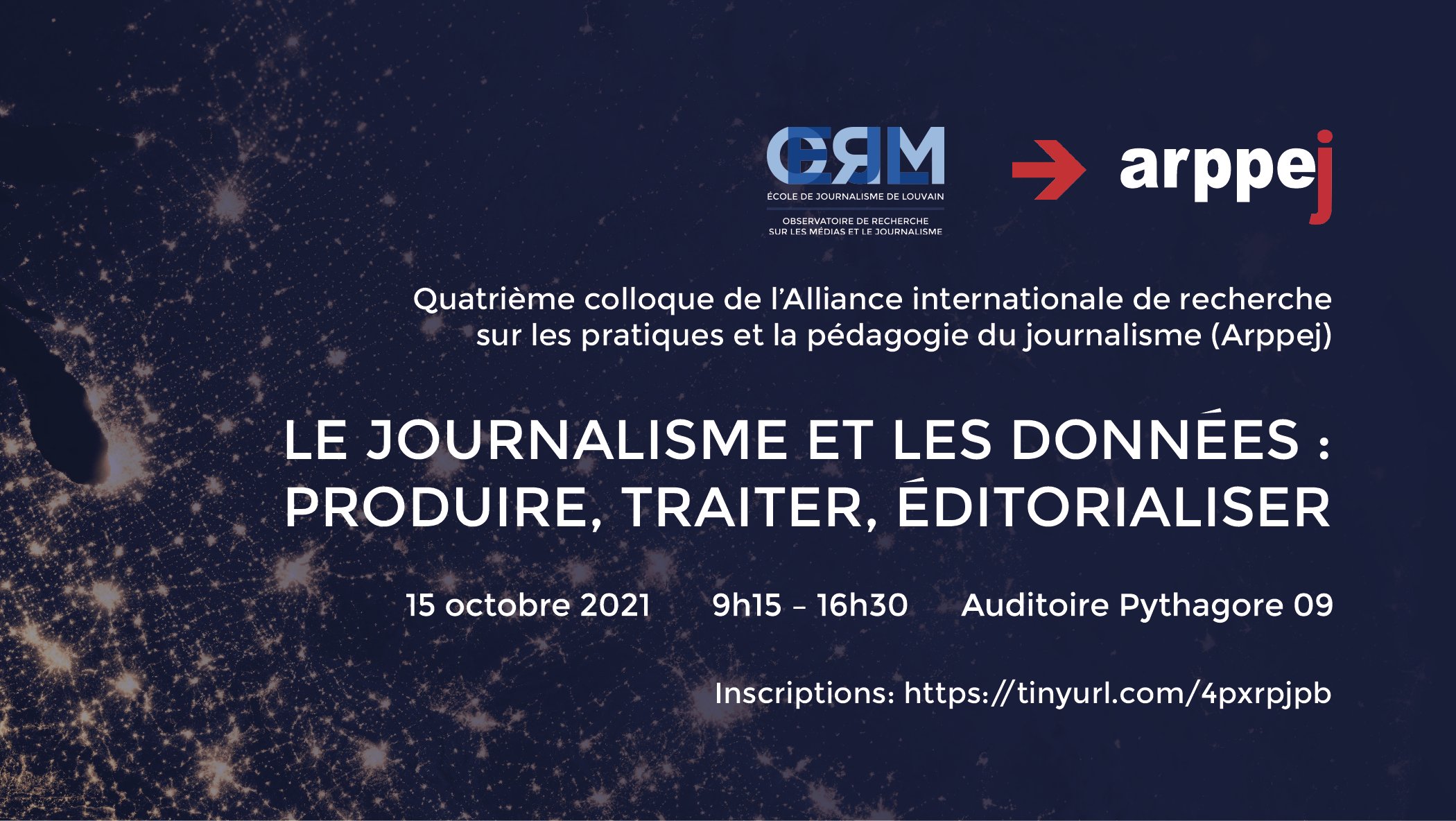A new paper partly written by ORM members Antonin Descampe and Olivier Standaert has been published in AI&Society: “Automated news recommendation in front of adversarial examples and the technical limits of transparency in algorithmic accountability”.
Algorithmic decision making is used in an increasing number of fields. Letting automated processes take decisions raises the question of their accountability. In the field of computational journalism, the algorithmic accountability framework proposed by Diakopoulos formalizes this challenge by considering algorithms as objects of human creation, with the goal of revealing the intent embedded into their implementation. A consequence of this definition is that ensuring accountability essentially boils down to a transparency question: given the appropriate reverse-engineering tools, it should be feasible to extract design criteria and to identify intentional biases. General limitations of this transparency ideal have been discussed by Ananny and Crawford (New Media Soc 20(3):973–989, 2018). We further focus on its technical limitations. We show that even if reverse-engineering concludes that the criteria embedded into an algorithm correspond to its publicized intent, it may be that adversarial behaviors make the algorithm deviate from its expected operation. We illustrate this issue with an automated news recommendation system, and show how the classification algorithms used in such systems can be fooled with hard-to-notice modifications of the articles to classify. We therefore suggest that robustness against adversarial behaviors should be taken into account in the definition of algorithmic accountability, to better capture the risks inherent to algorithmic decision making. We finally discuss the various challenges that this new technical limitation raises for journalism practice.
Link to the paper : http://link.springer.com/article/10.1007/s00146-021-01159-3
Link to the full-text version : https://rdcu.be/cgI0h





